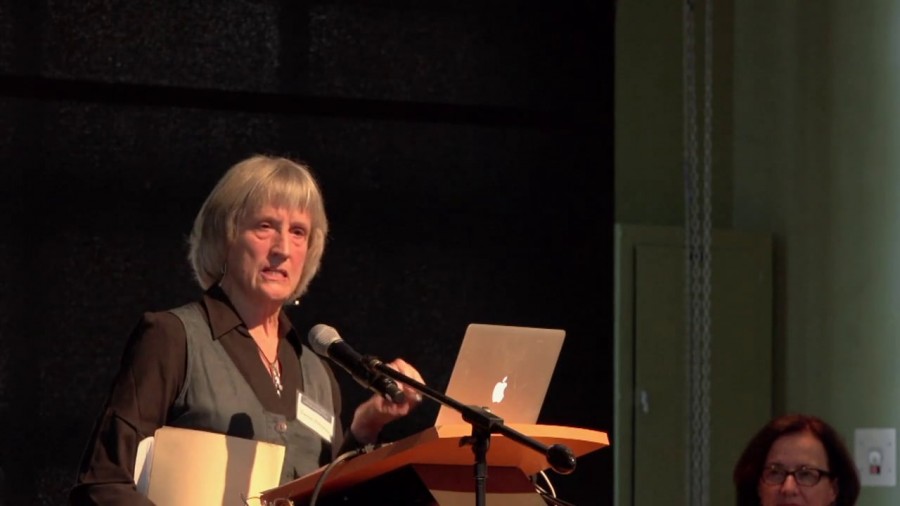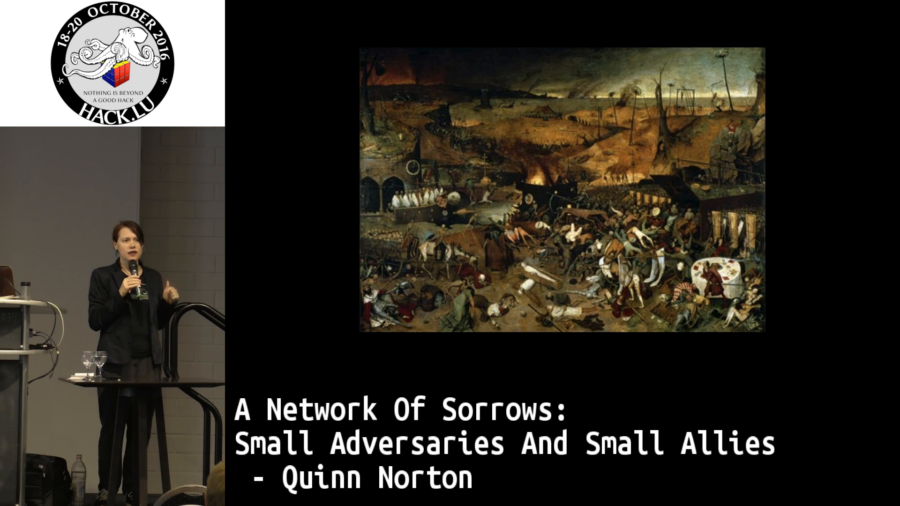Benevolence isn’t inefficient and I’m a big fan of benevolence. It’s just that it’s not enough. It’s okay for a group of twenty-five or fifty people where everyone knows everyone. But when you have 300 million in the US or 7 billion in the world, if we were self-sufficient and we had to produce everything for ourselves we’d all die, or 99% of us would die. So we have to cooperate with each other. But the only way to cooperate with each other in such large numbers is through markets.
Archive
We are a communal animal that’s developed to believe that it’s the center of the universe. And we behave as such. You know, we want to conquer, because our brain is wired to want to eat and fuck another day, you know what I mean. That’s what we’re wired to do. That’s where our evil comes from. It’s our animal roots that cause us to need things, and desire things.
Everything we know about biological sciences, medicine, agriculture, disease, whatever, is based on studying one example of life. Life on Earth. Life as we know it. If we find another example that’s different, a second genesis, and independent origin of life, comparing those two might enable us to answer questions that we would never be able to answer if we only had one example to study. That could provide practical benefits for humans as well as better understanding of how to manage ecosystems, etc.

I’m going to propose to us that the Cthulucene might be a way to collect up the questions for naming the epoch, for naming what is happening in the airs, waters, and places, in the rocks, and oceans, and atmospheres. Perhaps needing both the Anthropocene and the Capitalocene, but perhaps offering something else, something just maybe more livable.


